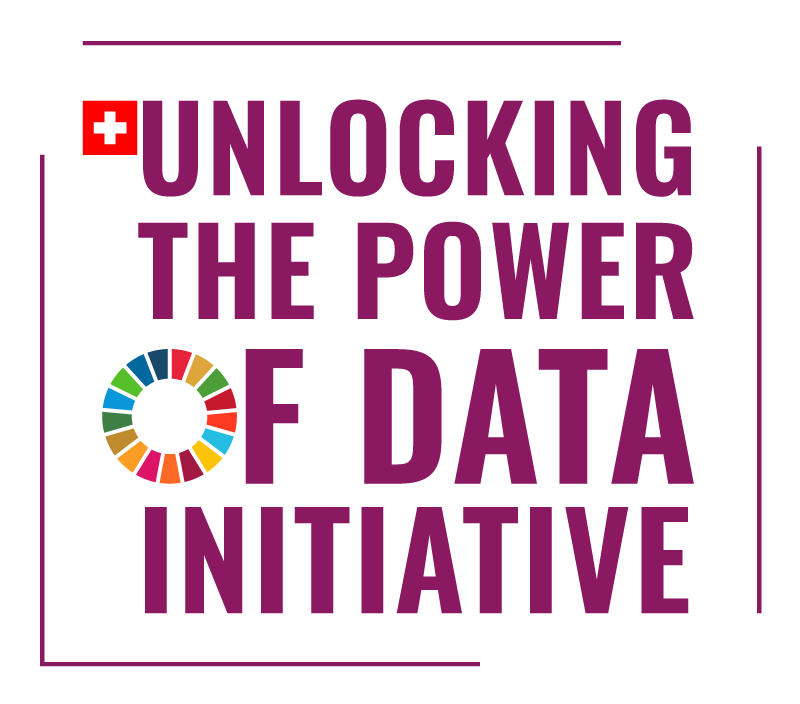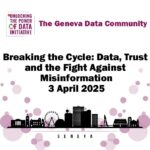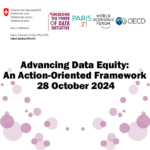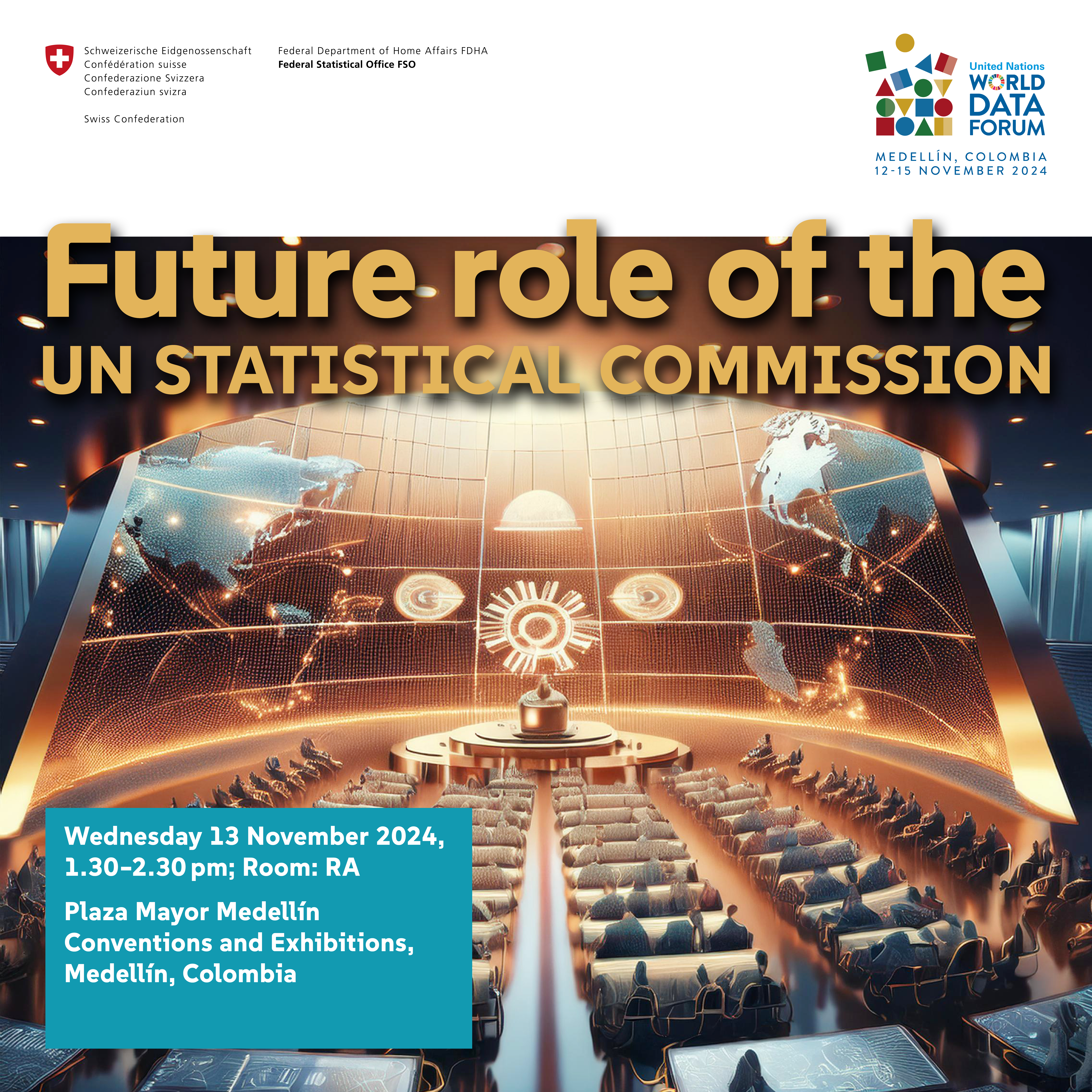Background
The links between demography and ecology are subjects of international research – also and especially in the context of projections. With regard to climate change, humans have so far mostly been at the centre of the discussion as a cause. Accordingly, hypotheses on global population development are included in all climate scenarios. However, as climate change progresses, the impact of this development on human life also comes into focus. In this context, greater consideration of changes in the climate and natural environment is necessary when developing both global and regional population scenarios. It therefore seems relevant that population projections which are developed today with a time horizon to the end of this century, such as those of the UN and Eurostat, should consider the conclusions of current climate forecasts. Although there is a growing body of scientific work addressing the population-climate nexus in the context of projections, it has hardly been translated into population scenarios elaborated by public statistical institutions.
While at the global level only birth rates and mortality are relevant, hypotheses on the impact of climate change on immigration and emigration are central in regional scenarios. It is well known that migration is mostly responsible for discrepancies between demographic projections and what is finally observed.
In research and statistical circles, this discussion is currently conducted mainly under the catchphrase of “Shared Socioeconomic Pathways” (SSP). SSPs are based on qualitative hypotheses about society’s future development. They outline five possible scenarios and estimate for each of these the resulting challenges regarding the reduction of CO2 emissions, namely mitigation, on the one hand and regarding adaptation to the changing climate conditions on the other hand.
Workstream description
The interactions between humans and the environment are highly complex, and the possibilities of representing them in models and projections are correspondingly limited. Common climate scenarios take population development into account – but how is the expected impact of climate change on human life taken into account in global or regional population projections? Is the necessary data and knowledge available? How do demography and public statistics position themselves in this field? What does the inclusion of climate-specific hypotheses mean in concrete terms for the development of population scenarios and their reception or further use?
This workstream focuses on the climate-population nexus and thus addresses the relevance of climate-sensitive population scenarios. It is thus also an occasion for a critical discussion on the possibilities and limitations of statistical models’ underlying projections, as well as the significance of these projections in political planning.
Logical framework
The “logical framework approach” is an analytical process and set of tools for project planning and management. It involves objective and strategy setting, an intervention logic and is used to implement, monitor and evaluate projects. The initiative’s full framework is available here.
| Unlocking the Power of Data Initiative impact: Decisions and discussions are made and conducted based on facts. |
| Workstream 5 outcome: Statistical population scenarios adequately take into account the consequences climate change might have on population dynamics. |
|
|
|
Partners
Partners will be added as the activities are confirmed.






